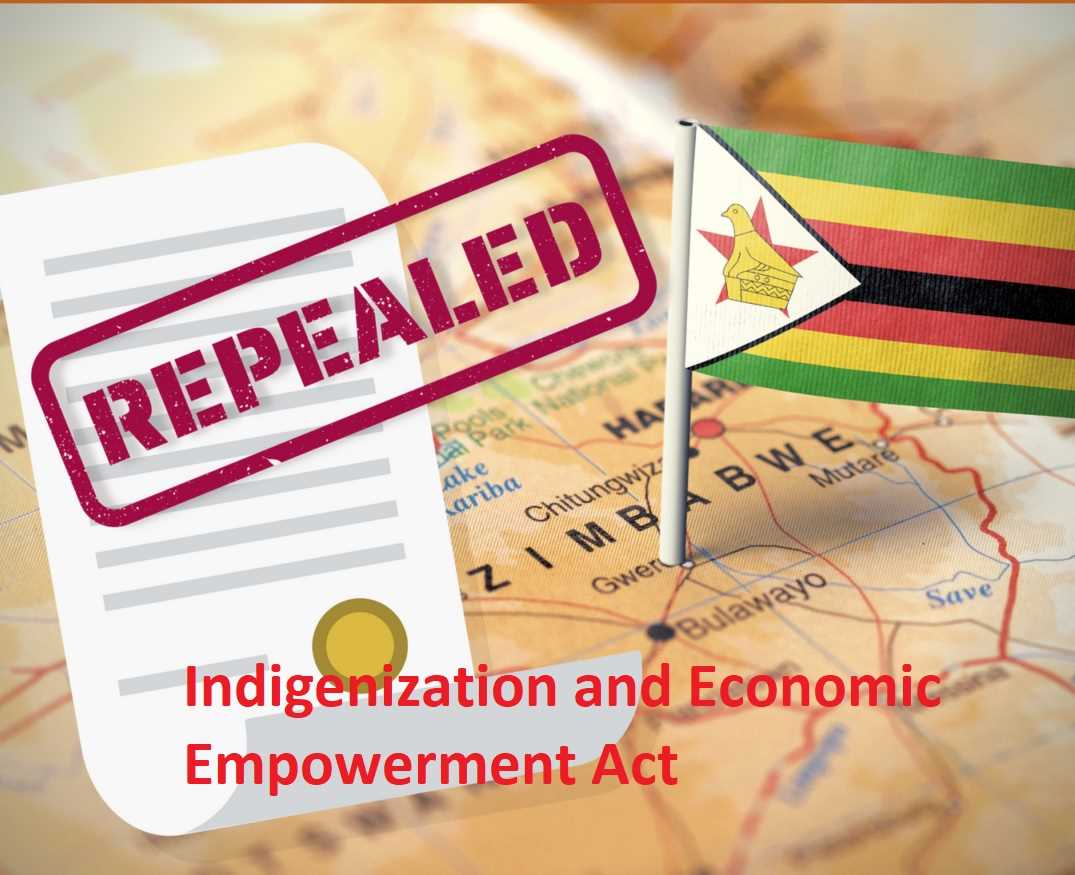
Foreign entities can now fully own businesses in all sectors of the economy as the Government of Zimbabwe has scrapped the Indigenization and Economic Empowerment Act which required foreign companies to cede 51 percent of their shares to locals.
This was announced in the latest cabinet briefing. “The nation is being informed that the principles are intended to create resource and administrative structures for supporting the economic empowerment of citizens.
The principles will repeal the Indigenisation and Economic Empowerment Act [Chapter 14:33] and pave way for the enactment of the new Economic Empowerment Act.
“The Second Republic attaches special importance to opening up the nation for business, hence the promulgation of the Finance Act No. 1 of 2018 which amended the Indigenisation and Economic Empowerment Act.
Related Stories
“It will be recalled that the amendment removed the 51/49 indigenization shareholding cap,” reads the twenty-eighth cabinet press briefing.
A replacement law will be crafted with wide consultation to ensure that it protects interests of local citizens without compromising the country’s appeal in attracting foreign investment.
“The new Economic Empowerment Act will be aligned to the Constitution of Zimbabwe; to National Development Strategies; to Vision 2030; to the United Nations Sustainable Development Goals; and to the African Union Agenda 2063. The formulation of the draft Bill will be undertaken through a multi-stakeholder consultative process under the Whole-of-Government Approach.
The new law will provide for the establishment of the National Economic Empowerment Fund, mainly through Treasury funding. The Act will also establish a Corporate Social Responsibility Framework; and training will be operationalized under the National Entrepreneurship Training Framework of the Manpower Planning and Development Act,” reads the briefing.
Signed into law in March 2008 by former president Robert Mugabe, the Indigenization and Economic Empowerment Act was aimed at ensuring that locals had control of the country’s vast resources that include minerals and land.
But the boomerang effect together with sanctions made Zimbabwe an unattractive business destination. Many potential foreign investors were irked by the prospect of having to partner with locals who brought nothing to the table except their names on paper, yet had majority shareholding.




















Leave Comments